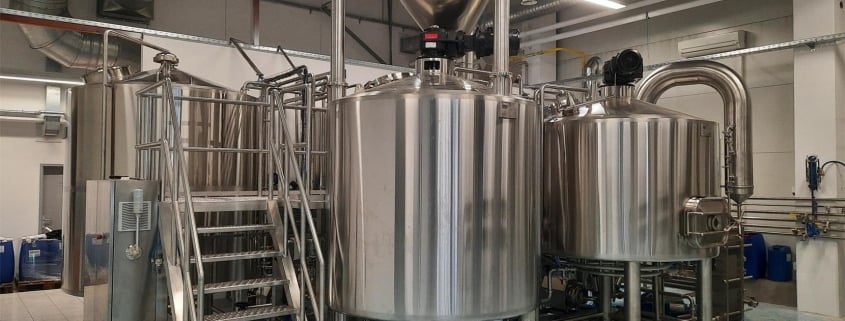The Charm of brewery equipment beer brewing
Overview of Brewery Equipment for Beer Brewing
Brewery equipment serves as the backbone of beer production. From mashing and boiling to fermenting and packaging, each step in the brewing process relies on specialized tools. Whether you’re crafting small batches at home or producing beer on a commercial scale, the equipment you choose directly impacts the flavor, quality, and consistency of your brew.
Why is this important?
Imagine trying to bake bread without an oven or make coffee without a grinder—that’s what brewing beer without the right equipment feels like! Brewery equipment helps control temperatures, manage ingredients, and ensure hygiene, making it crucial for successful beer production.
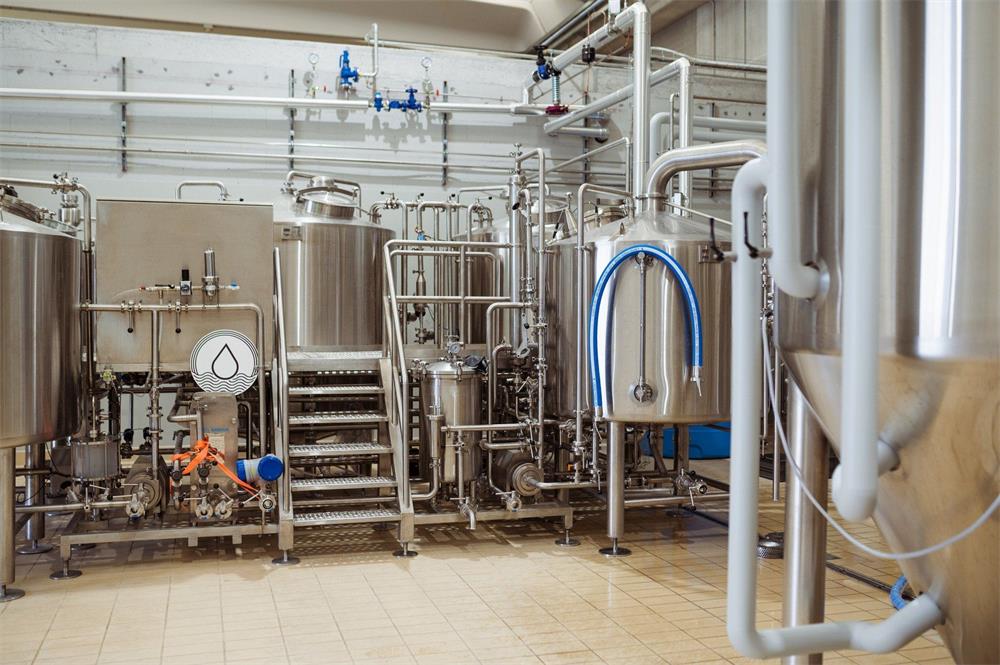
The Key Role of Brewery Equipment in Brewing Beer
Brewery equipment isn’t just a collection of shiny steel tanks and pipes; it’s the lifeblood of your brewing operation. Each piece of equipment has a specific function that contributes to the creation of beer.
- Mashing: The mash tun converts starches from malted grains into fermentable sugars, laying the foundation for beer’s flavor.
- Boiling: A brew kettle boils the wort, sterilizing it and allowing hops to impart their bitterness and aroma.
- Fermenting: Fermentation tanks house the magic of yeast turning sugars into alcohol.
- Cooling and Storage: Heat exchangers and bright tanks stabilize the beer, preparing it for packaging or consumption.
Without these processes working in harmony, beer wouldn’t be the delicious beverage we know and love.
Types of Brewery Equipment for Beer Brewing
Brewing involves a variety of equipment tailored for each stage of the process. Let’s break it down:
1. Mashing Equipment
- Mash Tuns: Insulated tanks where grains are mashed.
- Lauter Tuns: Used for separating the wort from spent grains.
2. Boiling and Hopping Equipment
- Brew Kettles: Large kettles to boil wort and add hops.
- Whirlpool Tanks: Separates solid particles post-boiling.
3. Fermentation Equipment
- Fermenters: Conical or cylindrical tanks for yeast activity.
- Airlocks: Release gases while keeping contaminants out.
4. Cooling Equipment
- Heat Exchangers: Quickly cool wort before fermentation.
- Glycol Chillers: Maintain consistent fermentation temperatures.
5. Packaging Equipment
- Kegging Systems: Store beer in kegs for distribution.
- Bottling and Canning Lines: Seal beer for retail sale.
Choosing the right type depends on your production scale and budget.
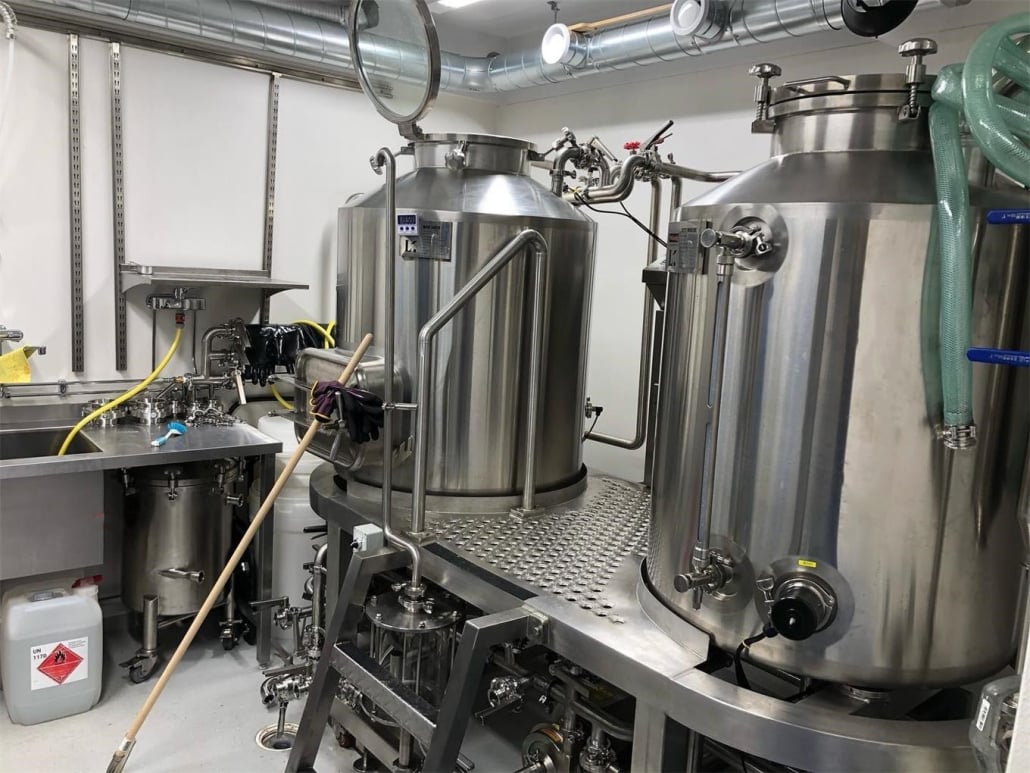
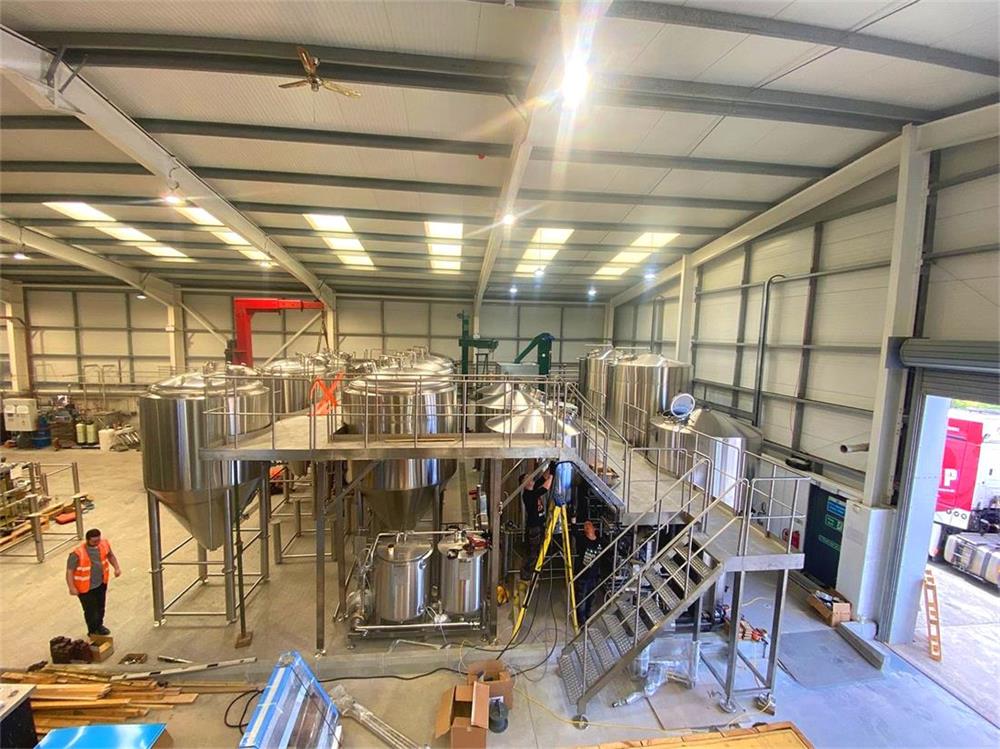


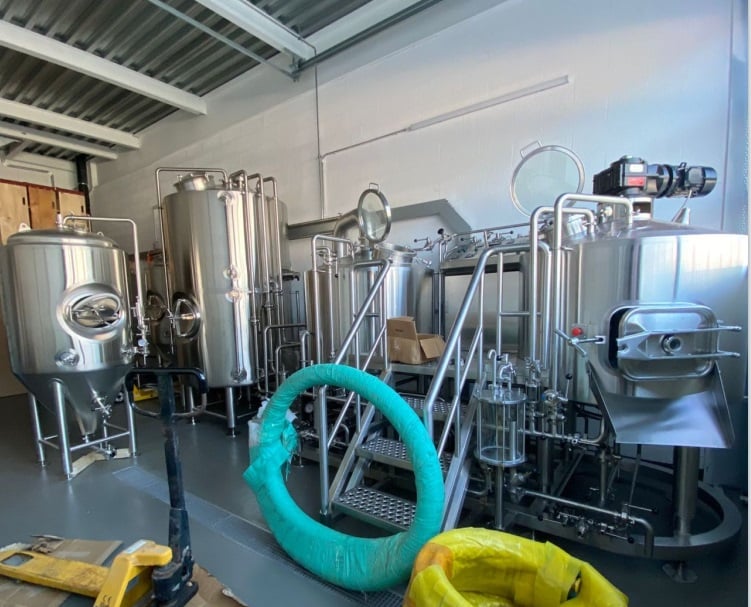
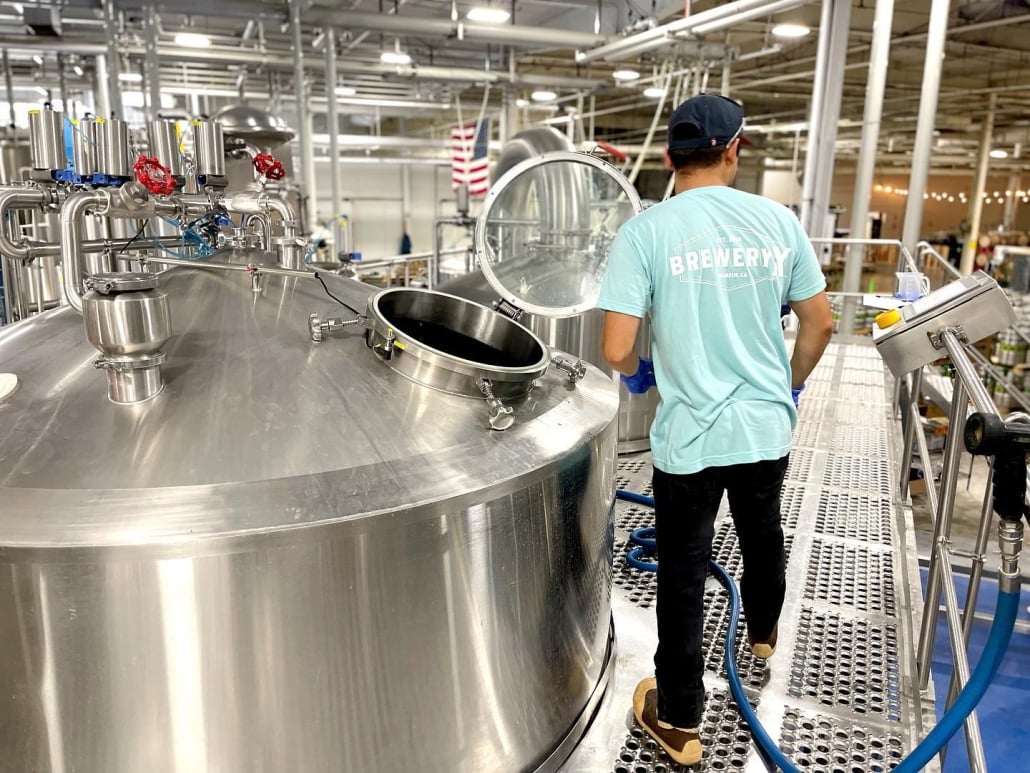
How to Choose the Right Brewery Equipment for Beer Brewing
Picking the right equipment can feel overwhelming, but it doesn’t have to be. Here’s a roadmap:
1. Define Your Brewing Goals
- Are you brewing for fun or profit?
- What’s your production scale?
2. Consider Your Space
- How much room do you have for equipment?
- Commercial systems require more space than homebrewing setups.
3. Budget Wisely
- Factor in not just the cost of equipment but also installation, maintenance, and utilities.
4. Focus on Quality
- Stainless steel equipment lasts longer and is easier to clean.
- Cheap materials may lead to contamination and lower beer quality.
5. Research Brands and Reviews
- Look for reputable brands known for reliability and support.
- Consider talking to fellow brewers or joining brewing communities for insights.
How to Clean and Maintain Brewery Equipment
Proper cleaning and maintenance ensure your equipment lasts longer and your beer remains uncontaminated. Here’s a table summarizing key cleaning and maintenance tips:
| Task | Details |
|---|---|
| Daily Cleaning | Rinse all equipment with hot water after use to remove residue. |
| Deep Cleaning | Use brewery-grade cleaners like PBW (Powdered Brewery Wash) weekly. |
| Sanitization | Apply sanitizers like Star San before brewing or packaging. |
| Equipment Inspection | Regularly check seals, valves, and hoses for wear and tear. |
| Storage Maintenance | Store hoses, airlocks, and small parts in a clean, dry area. |
| Boiler Descaling | Remove mineral build-up to maintain efficiency. |
Recommended High-End Brewery Equipment Brands
Investing in high-end brands can elevate your brewing experience. Some of the top names in the industry include:
1. Blichmann Engineering
Known for innovative designs, Blichmann offers durable and user-friendly equipment perfect for both homebrewers and professionals.
2. Ss Brewtech
With cutting-edge technology and sleek designs, Ss Brewtech is a go-to brand for fermentation tanks and kettles.
3. Spike Brewing
Spike Brewing specializes in customizable brewing systems tailored to your specific needs.
4. Braumeister
Perfect for automated brewing, Braumeister systems simplify the brewing process without compromising quality.
Famous Brewery Equipment Brands in the Market
Here’s a table to compare some of the leading brands:
| Brand | Specialty | Price Range | Customer Rating |
|---|---|---|---|
| Blichmann | All-in-one systems | $$$ | 4.8/5 |
| Ss Brewtech | Fermenters and kettles | $$ | 4.7/5 |
| Spike Brewing | Customizable systems | $$$ | 4.9/5 |
| Braumeister | Automated brewing solutions | $$$$ | 4.6/5 |
| Grainfather | Compact homebrewing equipment | $$ | 4.5/5 |
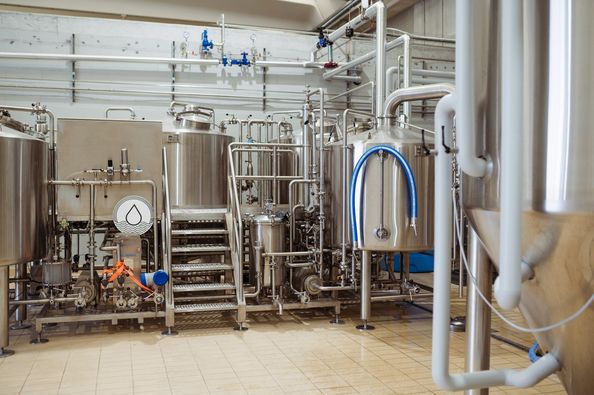
The Long-Term Value of Choosing High-Quality Brewery Equipment
Investing in high-quality equipment might feel like a hefty upfront cost, but it pays off in the long run. Why?
- Durability: Premium materials like stainless steel last for decades.
- Efficiency: High-end systems save time and energy.
- Consistency: Better equipment ensures consistent results with every batch.
- Customer Support: Reputable brands offer warranties and excellent support.
Think of it like buying a car. A reliable model might cost more initially, but it’ll save you from breakdowns and costly repairs down the line.
FAQ
| Question | Answer |
|---|---|
| What is the most important brewing equipment? | Fermentation tanks and brew kettles are crucial for producing quality beer. |
| How much does brewery equipment cost? | Costs range from $1,000 for home setups to $500,000+ for commercial systems. |
| How do I clean brewery equipment? | Rinse, deep clean with PBW, and sanitize with Star San for best results. |
| Can I upgrade my equipment later? | Yes, many systems are modular and allow for upgrades as you grow. |
| What size equipment do I need? | It depends on your production goals and available space. |

